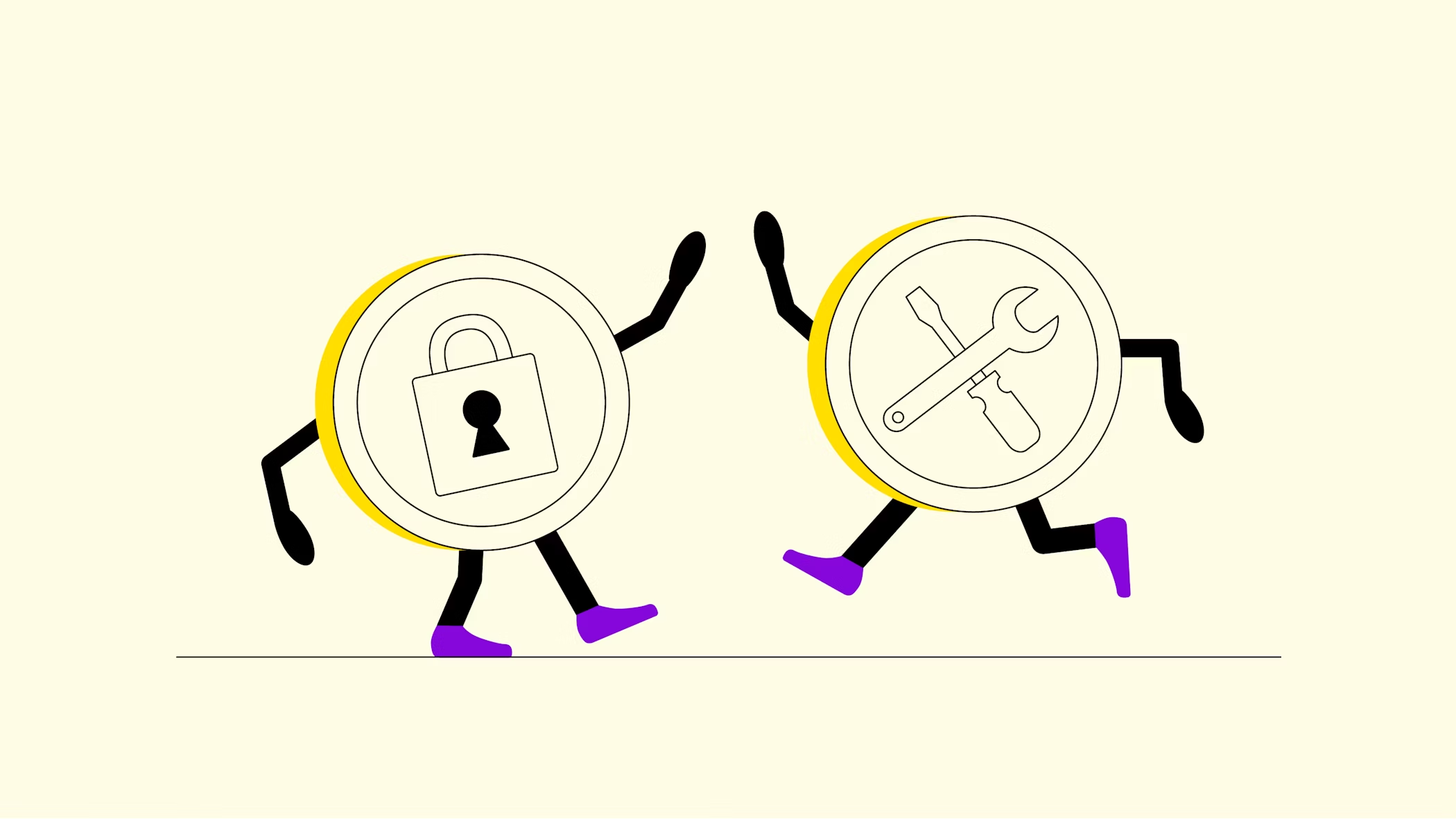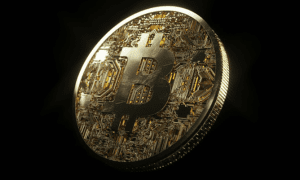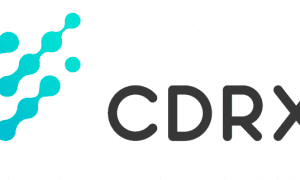Introduction
Security tokens are becoming an essential part of today’s digital world. But this term can mean different things, depending on the context. For some, a security token is a device used for extra login protection. For others, it refers to a type of digital investment tool powered by blockchain.
Understanding both meanings is important. On one side, security tokens protect accounts and sensitive data. On the other side, they open new doors in the world of investing and trading. In both cases, they offer greater control, transparency, and security.
Let’s break it down:
- Authentication tokens (2FA): These are physical or software-based tools used to verify a user’s identity during login. They help prevent unauthorized access by adding a second step beyond just a password.
- Security tokens in blockchain: These are digital assets that represent ownership of something valuable — like real estate, company shares, or bonds. They are regulated like traditional securities.
Why is this topic so important today?
Because we live in a world where both cybersecurity and investment innovation are growing rapidly. Hackers are smarter, and investors want better, faster, and more secure ways to manage their portfolios. Whether you’re protecting your data or exploring new trading tools, security tokens matter.
Atlas AI, a smart platform for investments and trading, helps users make sense of this complex world. It uses advanced algorithms to analyze risks, assess compliance, and simplify decisions. Whether you’re exploring blockchain-based security tokens or just want to strengthen login security for your trading account, Atlas AI supports your goals.
This article will guide you through both sides of the concept. We’ll look at how each type of security token works, where they are used, and why platforms like Atlas AI are becoming central to the modern investor’s toolkit.
What Are Security Tokens (Authentication)?
Security tokens used for authentication are tools that add an extra layer of protection when you log in to your account. They are part of a process called two-factor authentication (2FA). Instead of using only a password, you need a second step — usually a unique code or signal generated by the token.
These tokens can take different forms. Some are small physical devices that fit on your keychain. Others are software applications installed on your smartphone or computer. Both do the same job: prove that you are really you.
Common Types of Authentication Tokens:
- Hardware tokens: Small devices like RSA SecurID or YubiKey that generate one-time codes.
- Software tokens: Apps like Google Authenticator or Microsoft Authenticator that create time-based codes on your phone.
- Disconnected tokens: Devices that display codes you enter manually.
- Connected tokens: Devices that plug into a USB port or use NFC to send authentication data automatically.
These tokens are widely used in places where security is critical. For example:
- Banks use them to protect online banking accounts.
- Email platforms offer token-based 2FA to prevent hacking.
- Cloud services and corporate networks rely on them to stop unauthorized access.
Using a security token means that even if someone knows your password, they still can’t get into your account without access to the token. This is a major step forward in digital safety.
Today, automated platforms like Atlas AI integrate token-based authentication to protect your trading and investment data. Whether you’re logging in to manage assets or analyze tokenized investments, your information is secure. Atlas AI uses modern tools to guard against threats while keeping your access fast and smooth.
How 2FA Tokens Work
Two-factor authentication (2FA) tokens work by generating a one-time password (OTP). This password is valid only for a short time, usually 30 or 60 seconds. When you log in, you enter your usual password, plus the code from your token. If both are correct, you get access.
How the Code Is Generated:
Most tokens use an algorithm called Time-Based One-Time Password (TOTP). This algorithm creates a new code every few seconds, based on:
- A secret key stored on the token
- The current time
The system on the other side (for example, a bank server) has the same secret key and clock. If the code you enter matches what the server expects, you are verified.
Where the Secret Key Is Stored:
In hardware tokens, the key is inside the physical device. In software tokens, it is stored securely in the app. This key must never be shared or copied.
Why It’s Safe:
- Codes change constantly — hackers can’t reuse an old one.
- Tokens are separate from your password, making attacks harder.
- Even if your password is leaked, the hacker still needs your token.
However, there are also challenges:
- If you lose your token, access recovery may be slow.
- Some users find the process inconvenient.
On platforms like Atlas AI, token-based 2FA is built into the login process. This helps protect sensitive trading data and personal information without slowing down your access. Security and ease of use go hand in hand.
What Are Security Tokens in Blockchain?
Security tokens in the world of blockchain are completely different from authentication tools. These tokens represent real financial assets — like stocks, bonds, real estate, or business ownership — in a digital form. They are called tokenized securities.
Think of them as a modern version of a paper stock certificate. But instead of being printed and signed, the security is recorded on the blockchain. This makes it easier to store, trade, and verify.
How Are They Different from Other Crypto Tokens?
| Type | Main Use | Regulation |
| Cryptocurrencies | Payments and transfers | Not regulated as securities |
| Utility Tokens | Access to a platform or service | Usually unregulated |
| Security Tokens | Investment and ownership rights | Regulated as securities |
Security tokens are tied to real value. They offer the same rights as traditional investments. For example, if you own a security token linked to a company’s shares, you may receive dividends or voting rights.
What Can Be Tokenized?
- Real estate: Invest in part of a building, not the whole thing.
- Company shares: Raise money from investors without issuing paper stocks.
- Debt: Tokenize loans and bonds for transparent tracking.
These tokens are regulated by financial authorities like the SEC (U.S.), FCA (UK), and others. They must follow laws related to investor protection, anti-money laundering, and know-your-customer (KYC) rules.
Atlas AI helps investors and businesses navigate this complex space. With its automated tools, users can evaluate blockchain-based assets, check if they meet regulatory standards, and make informed decisions. Whether you’re a company planning a token offering or an investor exploring digital securities, Atlas AI supports every step of the journey.
How Security Tokens (Crypto) Work
Security tokens based on blockchain go through several important steps before they are ready to be traded. Each step follows a legal and technical process to ensure the token represents a real and trustworthy asset.
1. Asset Tokenization
The process starts when a real-world asset — like property, company shares, or a loan — is turned into a digital token. This step involves legal documents that define the value and rights behind the token.
2. Token Creation and Smart Contracts
Developers use blockchain technology to create the security token. They usually write a smart contract, which is a set of rules programmed into the token. These rules handle transfers, dividend payments, and compliance checks.
3. STO – Security Token Offering
The company offers these tokens to investors in a legal sale, similar to an IPO. This event is called a Security Token Offering (STO). Only verified investors can take part, based on KYC/AML checks.
4. Trading on Secondary Markets
Once the tokens are issued, they can be traded on special platforms like:
- Polymath
- tZero
- Securitize
These platforms are built to meet local laws and allow safe, legal trading of tokenized assets.
How Atlas AI Helps
Atlas AI is more than just a trading platform. It helps investors check the legal status of a token in their country, analyze its risk level, and track performance. The system also supports businesses planning to issue their own security tokens, helping them stay compliant while reaching global investors.
With automation and real-time analysis, Atlas AI makes investing in tokenized assets easier, faster, and more secure.
Benefits of Security Tokens (Crypto)
Security tokens offer many advantages over traditional investments. They combine the trust of legal rights with the speed and automation of blockchain technology. Here are the key benefits:
1. Transparency and Security
All transactions are recorded on the blockchain. This means every move is visible and verified by the network. It reduces fraud and increases trust between parties. Investors can track their holdings in real time.
2. Fractional Ownership
Security tokens make it possible to own a small piece of a big asset. For example, you don’t need to buy a whole building — you can invest in just 1% of it. This opens up new opportunities for everyday investors.
3. Faster and Cheaper Transactions
Since smart contracts handle many tasks automatically, there’s no need for middlemen. This cuts costs and speeds up the transfer of ownership. Settlement times can drop from days to just minutes.
4. Global Investment Access
Security tokens can be traded across borders more easily than traditional assets. As long as legal rules are followed, people from different countries can buy and sell the same token.
5. Automated Reporting and Dividends
Smart contracts can handle:
- Dividend payments
- Voting rights
- Ownership changes
This reduces paperwork and human error.
How Atlas AI Adds Value
Atlas AI improves the investment experience by offering tools to:
- Analyze potential returns
- Check legal compliance
- Compare tokenized assets
Thanks to automation and advanced data models, Atlas AI helps users build smarter portfolios and reduce risk.
Risks and Limitations
While security tokens bring many benefits, they also come with some challenges. It’s important to understand the risks before investing.
1. Legal Uncertainty
Not every country has clear laws about security tokens. Some governments support them. Others are still deciding how to regulate them. This can create confusion for investors and companies.
2. Technical Risks
Even though blockchain is secure, smart contracts can contain bugs. If something is coded wrong, it can’t always be fixed. Hackers may also try to exploit weaknesses in poorly built platforms.
3. Low Liquidity for New Projects
Some security tokens may be hard to sell, especially in the early stages. Unlike big stocks, there may not be enough buyers or approved platforms to trade them quickly.
4. Compliance Requirements
To invest in security tokens legally, users often need to pass KYC (Know Your Customer) and AML (Anti-Money Laundering) checks. This adds extra steps and may limit who can participate.
How Atlas AI Reduces These Risks
Atlas AI helps investors avoid trouble by:
- Checking token compliance across multiple countries
- Highlighting technical risks based on blockchain analysis
- Warning users about low-liquidity assets
With real-time data and risk alerts, Atlas AI makes it easier to invest with confidence.
Use Cases of Security Tokens
Security tokens are already being used in real projects. These examples show how the technology works in the real world and how it changes the way people invest.
1. Real Estate Tokenization
Developers and property owners are turning buildings into digital assets. Investors can buy small shares of commercial or residential real estate. For example, a $10 million office building could be split into 10,000 tokens, each worth $1,000.
2. Digital Bonds and Equity Tokens
Some companies issue bonds or shares in token form. Investors receive interest or dividends through smart contracts. This makes reporting and profit sharing automatic and transparent.
3. Crowdfunding with STOs
Startups and businesses raise capital through Security Token Offerings. This lets them reach global investors while staying compliant with financial laws. Unlike regular crowdfunding, investors receive a real stake in the business.
How Atlas AI Supports These Use Cases
Atlas AI plays a key role in helping users find and assess tokenized opportunities. With its automated tools, it can:
- Scan for legal and financial risks
- Rate projects based on data, not hype
- Help users build diversified portfolios of real-world assets
Whether you’re interested in real estate, company shares, or innovative startups, Atlas AI makes the world of tokenized investment more accessible and safer.
The Future of Security Tokens and the Role of Atlas AI
The world of security tokens is growing fast. As technology improves and laws become clearer, more companies and investors are joining in. The future looks bright — and full of opportunity.
1. Institutional Interest Is Rising
Large banks, investment firms, and government-backed funds are starting to explore tokenized assets. They see security tokens as a new way to manage portfolios, reduce costs, and improve liquidity.
2. Integration With Traditional Markets
Security tokens will not replace traditional finance — they will improve it. We are already seeing tokenized shares listed alongside regular ones. In the future, more exchanges may support both digital and paper-based assets.
3. Better Regulations and Global Standards
Governments are writing clearer rules. Europe has introduced new laws. The U.S. is moving toward more defined security token policies. This helps reduce risk and opens the door for more mainstream adoption.
How Atlas AI Shapes the Future
Atlas AI is built for the next generation of investors. It helps users:
- Track token performance over time
- Compare different asset classes in one place
- Get alerts on regulation updates
Whether you’re just starting with tokenized investments or managing a full digital portfolio, Atlas AI provides the tools you need to stay informed and make smarter choices.
Conclusion
Security tokens are shaping the future of both online security and modern investing. But the term covers two very different ideas. On one side, authentication tokens help protect your accounts with two-factor login. On the other side, blockchain-based security tokens give you access to digital investments tied to real-world assets.
Both types are becoming more common. As threats grow, strong login tools are essential. As investors look for new ways to grow their money, tokenized assets offer a smart, flexible option. The key is knowing how each type of security token works — and how to use it safely.
Security tokens in blockchain bring many advantages: fractional ownership, global access, faster trading, and more transparency. But they also come with risks, such as unclear regulations and limited liquidity. That’s why smart platforms like Atlas AI are important.
Atlas AI is more than just a crypto trading platform. It’s a full investment platform that uses automation, risk analysis, and smart data to help users:
- Understand tokenized assets
- Follow local laws and global trends
- Protect their accounts with strong authentication
As tokenized finance continues to grow, Atlas AI will remain a trusted partner — helping you invest smarter, safer, and with more confidence.
The future of finance is digital. With Atlas AI, you’re ready for it.



































